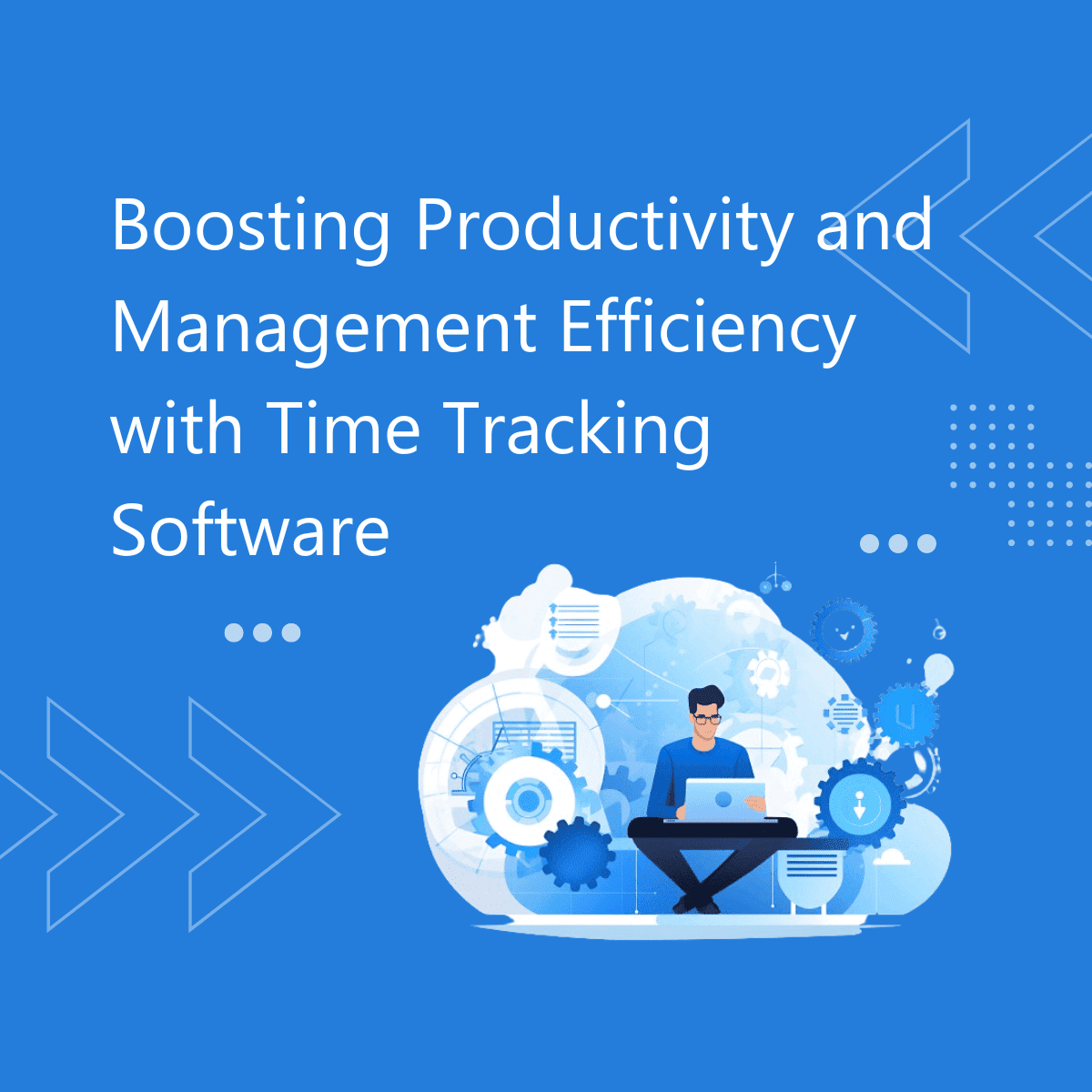
10 Best Helpdesk Software in 2025
In 2025, the global help desk software market is expected to surpass $11 billion, underlining the growing importance of these solutions for businesses seeking to enhance customer support and internal operations.
10 Best Helpdesk Software in 2025
In 2024, the global help desk software market is expected to surpass $11 billion, underlining the growing importance of these solutions for businesses seeking to enhance customer support and internal operations.
In the current landscape, effective customer support is crucial, making the selection of suitable help desk software a key decision for organizations aiming to deliver seamless and efficient customer service. This article explores the ten most popular help desk software options in 2024, offering insights to elevate your customer experience.
What is Helpdesk Software?
Helpdesk software is a tool used by businesses and organizations to manage and streamline their customer support operations. It typically provides a centralized platform for handling customer inquiries, complaints, and technical support requests. Helpdesk software allows support teams to efficiently track, prioritize, and resolve customer issues through various channels such as email, phone, live chat, and social media.
Advantages of Helpdesk Software
- Centralized Communication: Helpdesk software provides a centralized platform for managing all customer inquiries, complaints, and requests. This centralization helps streamline communication and ensures that nothing falls through the cracks.
- Improved Efficiency: By automating routine tasks, categorizing, and prioritizing tickets, and providing self-service options, helpdesk software can significantly increase the efficiency of support teams. Agents can focus on resolving complex issues rather than getting bogged down by repetitive tasks.
- Faster Response Times: With features like ticket routing and escalation rules, helpdesk software enables support teams to respond to customer queries promptly. Automated notifications also ensure that tickets are addressed in a timely manner.
- Enhanced Customer Experience: Helpdesk software empowers businesses to provide better customer service by ensuring quick resolutions, maintaining a record of customer interactions, and offering self-service options such as knowledge bases and FAQs.
- Improved Collaboration: Many helpdesk solutions come with collaboration tools that enable agents to work together on complex issues. Internal notes, ticket assignments, and shared inboxes facilitate collaboration and knowledge sharing within the support team.
- Data-Driven Insights: Helpdesk software often includes reporting and analytics features that provide valuable insights into customer support performance. Businesses can track metrics such as response times, resolution rates, customer satisfaction scores, and trending issues to identify areas for improvement.
- Scalability: As businesses grow, their customer support needs evolve. Helpdesk software can scale with the business, accommodating an increasing volume of tickets and users without sacrificing performance.
- Integration Capabilities: Many SharePoint helpdesk solutions offer integrations with other tools and platforms such as CRM systems, email clients, chatbots, and social media platforms. This integration allows businesses to streamline workflows and provide a seamless omnichannel support experience.
- Cost Savings: While there is an initial investment associated with implementing helpdesk software, the long-term cost savings can be significant. By improving efficiency, reducing response times, and minimizing the need for manual intervention, businesses can lower their support costs over time.
- Compliance and Security: Helpdesk software often comes with features designed to ensure compliance with industry regulations and protect sensitive customer data. This includes features such as data encryption, access controls, and audit trails.
Challenges in Helpdesk Software
Helpdesk software serves as the backbone for customer support operations in many organizations. While it offers numerous benefits, it also comes with its fair share of challenges:
- Integration Complexity: Many organizations use multiple tools and platforms for various aspects of their business operations. Integrating helpdesk software with existing systems, such as CRM (Customer Relationship Management) or ERP (Enterprise Resource Planning) software, can be complex and time-consuming.
- Scalability Issues: As businesses grow, the volume of customer inquiries tends to increase. Helpdesk software must be able to scale seamlessly to handle a growing number of tickets without compromising performance or customer satisfaction.
- Customization Limitations: While most helpdesk software offers customization options, they may not always meet the unique needs of every organization. Customization limitations can hinder workflow efficiency and lead to workarounds that may not be sustainable in the long term.
- Training and Adoption: Introducing new helpdesk software requires proper training for support agents and other team members. Resistance to change and a steep learning curve can impede adoption, affecting productivity and customer service quality.
- Data Security Concerns: Helpdesk software stores sensitive customer information, including contact details and purchase history. Ensuring data security and compliance with regulations such as GDPR (General Data Protection Regulation) or HIPAA (Health Insurance Portability and Accountability Act) is crucial to maintaining trust and avoiding legal repercussions.
- Ticket Management Overload: High ticket volumes can overwhelm support teams, leading to longer response times and decreased customer satisfaction. Efficient ticket management features, such as automated routing and prioritization, are essential for streamlining workflows and improving response times.
- Multichannel Support: With the proliferation of communication channels, including email, phone, chat, and social media, customers expect support across various platforms. Managing interactions from multiple channels within a unified helpdesk interface can be challenging.
- Performance Monitoring and Reporting: Measuring the effectiveness of support operations requires comprehensive performance monitoring and reporting capabilities. Helpdesk software should provide actionable insights into key metrics such as response time, resolution time, customer satisfaction, and agent productivity.
- Cost Considerations: While helpdesk software offers many benefits, it also comes with costs, including subscription fees, implementation expenses, and ongoing maintenance. Balancing the features and capabilities of the software with budget constraints is essential for maximizing ROI.
Top 10 Helpdesk Software For 2025
1. Helpdesk 365
Helpdesk 365 is a ticketing solution designed by CX professionals to seamlessly integrate with and elevate your current help desk operations. Featuring interactive decision trees, visual tutorials, informative articles, and an extensive FAQ section, Helpdesk 365 ensures that knowledge is readily accessible and actionable for your support team from day one.
Functioning as a unified repository of knowledge, Helpdesk 365 efficiently creates, curates, and organizes all organizational information in one centralized location. This is the best helpdesk software which integrates with existing CX tools and communication channels, including CRM, chat, and telephone systems, empowers support representatives to access guided and contextually relevant information directly within their workflow.
Key Features:
- Knowledge Base Management: A knowledge base act as a centralized hub for creating, organizing, and managing articles, FAQs, and other informative resources.
- Self-Service Portals: These portals empower customers to access and find solutions to their queries independently, reducing reliance on direct support channels.
- Multi-Channel Support: By helping across various communication channels such as email, chat, phone, and social media, businesses can cater to diverse customer preferences and needs.
- Analytics and Reporting: Utilizing analytics tools provides valuable insights into how customers engage with the knowledge base, enabling businesses to refine content and improve user experience.
- User Feedback Analysis: Gathering and analysing user feedback helps in understanding customer needs and preferences, leading to continuous improvement of the knowledge base content and relevance.
- Multi-Language Support: Content creation in multiple languages ensures inclusivity and accessibility for a global customer base, enhancing user satisfaction and engagement.
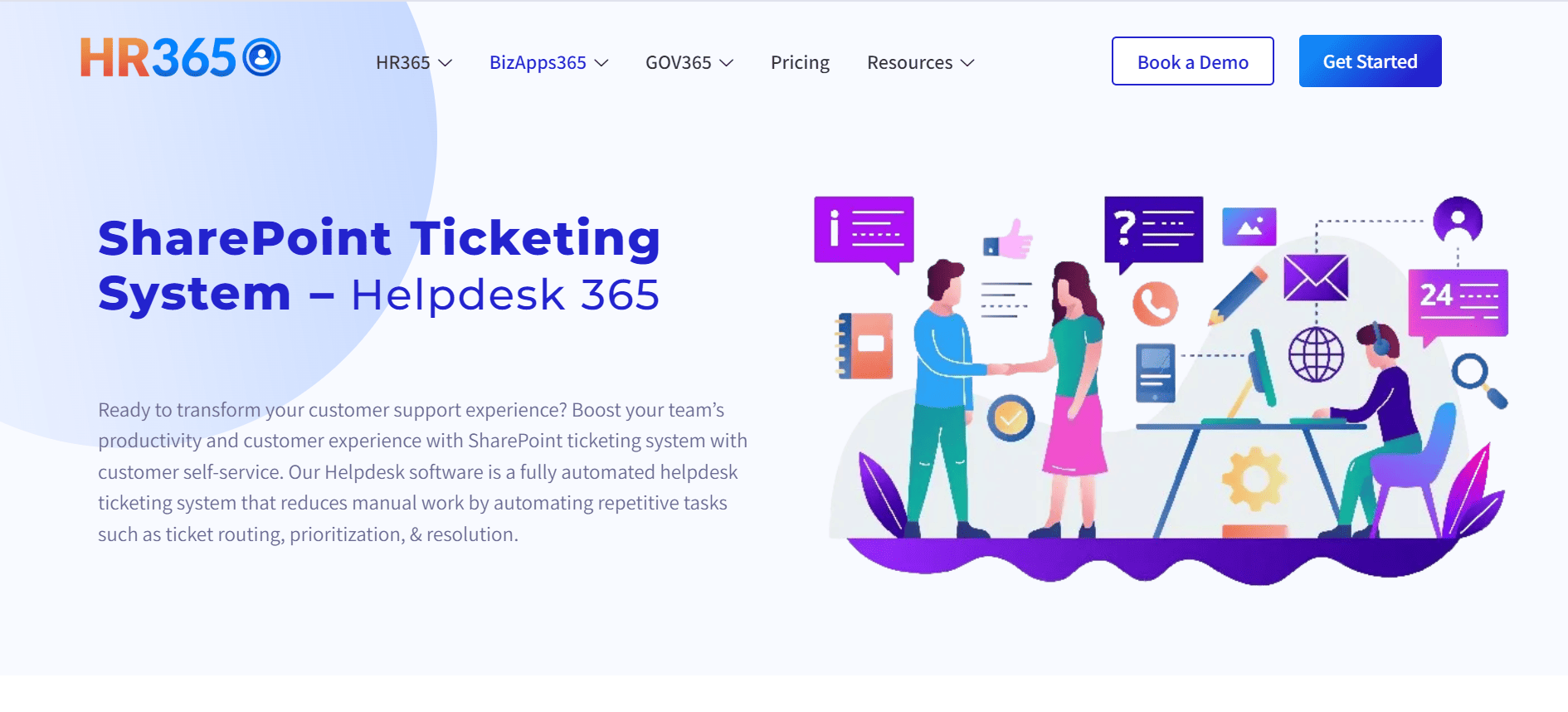
2. Salesforce
Salesforce stands out as a renowned customer relationship management (CRM) system renowned for its robust capabilities in handling customer inquiries, support tickets, and service cases comprehensively. Offering an extensive platform, it empowers organizations to effectively manage customer interactions while also providing sophisticated analytics and reporting tools. With its intuitive interface and broad compatibility with third-party applications, Salesforce is a favoured choice for businesses seeking a comprehensive help desk solution.
Vivantio is a cloud-based IT service management solution crafted to assist businesses in efficiently handling service requests, incidents, assets, and personnel. Its automation capabilities, scalable infrastructure, and software empower enterprises to reduce operational costs, streamline processes, and enhance ticket response times.
Key Features:
- Case Management: Efficiently manage customer cases and service requests.
- Knowledge Base: A centralized repository for sharing and accessing knowledge resources.
- Omnichannel Support: Seamlessly provide support across various communication channels.
- Workflow Automation: Enhance operational efficiency by automating routine processes.
- Analytics: Gain insights through detailed analytics to monitor and optimize support operations
_c6qKeayj43.png?updatedAt=1715577738365)
3. Zoho Desk
Zoho Desk is a cloud-based help desk software that integrates tools for ticket management, task automation, knowledge management, and analytics, designed to manage customer support services across various channels like email, phone, chat, and social media, aiding businesses in improving ticket response times, reducing backlog, and optimizing workflow.
Key Features:
- Ticketing system: Efficiently manage customer issues through a unique ticketing system.
- Automation: Automate repetitive tasks and workflows to streamline operations.
- Self-service portals: Enable customers to find individual solutions independently.
- Multi-channel support: Provide support across multiple communication channels for enhanced accessibility.
- Reports and Analysis: Gain visibility into support activities through detailed reports and analysis tools.
_pjr5haEFU7.png?updatedAt=1715577737707)
4. Freshdesk
Freshdesk is a comprehensive customer service platform offering various functionalities such as ticket management, automation, team collaboration, and more. It provides solutions for managing customer inquiries and support tickets across different channels like email, chat, phone, and social media.
Key Features:
- Ticket System: Customer issues are managed through an organized ticket system.
- Knowledge Base: Users can store and categorize information in a knowledge base.
- Multi-channel Support: The platform facilitates communication across multiple channels.
- Automation: Repetitive tasks can be automated to enhance efficiency.
- Collaboration Tools: Content sharing among support teams is enabled for seamless collaboration.
_GSvZnyEyIU.png?updatedAt=1715577738225)
5. Jira Service Management
Jira Service Management is an ITSM desktop and service desk with features such as ticket management, automation, and a knowledge base. Jira Service Management helps your teams manage IT services efficiently and effectively. The software is integrated with other software, such as Jira software.
Key Features:
- Service Desk: Manage service requests and incidents.
- ITIL Framework: Adheres to ITIL best practices for service management.
- Automation: Automate service-related tasks.
- Knowledge base: Store and organize knowledge base.
- Integration: Integrates well with other Atlassian products and third-party tools.
_N00I00rD3u.png?updatedAt=1715577738310)
6. Happy Fox
Happy Fox, a leading customer support platform, excels in automating workflows, improving ticket response times, and enhancing overall customer service, making it the preferred choice for businesses in need of a comprehensive help desk solution due to its intuitive interface and extensive integration options.
Key Features:
- Ticketing system: Efficiently manage customer issues through a unique ticketing system.
- Knowledge base: Organize a knowledge base for clients to access self-help resources.
- Automation: Streamline repetitive tasks and workflows to boost productivity.
- Multi-channel support: Provide assistance across various communication channels to cater to diverse customer needs.
- Mobile Access: Access compatible features seamlessly on mobile devices for on-the-go support management.
_BqYaU5CegK.png?updatedAt=1715577738191)
7. Help Scout
Help Scout streamlines customer support operations with its web-based software, enhancing efficiency and customer satisfaction. It offers tools for managing communication, organizing data, and optimizing workflows, all in one platform. With Help Scout, businesses can deliver exceptional support experiences to their customers.
Key Features:
- Automation: Automation capabilities within Help Scout automate repetitive tasks and workflows, enhancing overall productivity.
- Knowledge base: The platform offers a comprehensive knowledge base functionality for creating and maintaining an extensive repository of information.
- Reporting: Help Scout’s reporting and analytics dashboard provides valuable insights into team performance and customer interactions.
- Integration: It integrates seamlessly with a wide range of third-party applications, enriching its functionality and adaptability.
_mN1g_5Ob-g.png?updatedAt=1715577738479)
8. Zendesk
Zendesk is a comprehensive customer service and integration platform designed to streamline businesses’ handling of customer support issues across multiple channels including email, chat, phone, and social media. Its array of features aids agents in effectively managing support requests, including automated workflows, ticketing management, and ticket routing.
Key Features:
- Ticketing System: Facilitates the efficient management of customer inquiries through a centralized ticketing system.
- Self-Service Code: Equips customers with self-help resources, empowering them to find solutions independently.
- Live Chat: Enables real-time communication for swift issue resolution.
- Automation: Enhances efficiency by automating repetitive tasks and workflows.
- Analysis and Reporting: Delivers comprehensive insights into customer service performance, aiding in strategic decision-making.
_Z83LbqDcuW.png?updatedAt=1715577738186)
9. Vivantio
Vivantio is a cloud-based IT service management solution crafted to assist businesses in efficiently handling service requests, incidents, assets, and personnel. Its automation capabilities, scalable infrastructure, and software empower enterprises to reduce operational costs, streamline processes, and enhance ticket response times.
Key Features:
- Service Desk: A centralized hub for managing service requests and incidents.
- Workflow Automation: Enhance efficiency through automated process execution.
- Reporting and Analysis: Furnishes insights into service performance.
- Knowledge Base: Repository for storing and structuring information.
_E4Pe-Uno2T.png?updatedAt=1715577738304)
10. Kayako
Kayako is a customer service platform that provides tools for businesses to manage customer inquiries, support tickets, and interactions across various channels such as email, chat, and social media. With features like ticket management, live chat, helpdesk analytics, and customer self-service, Kayako enables organizations to deliver efficient and personalized support to their customers.
Key Features:
- Ticket Management: Streamline the handling of customer inquiries and support tickets from multiple channels in one unified platform.
- Live Chat: Engage with customers in real-time through live chat functionality, providing immediate assistance and support.
- Helpdesk Analytics: Gain insights into customer support performance with analytics and reporting tools, allowing for data-driven decision-making and process optimization.
- Customer Self-Service: Empower customers to find answers to their questions and resolve issues independently through self-service options such as knowledge bases and FAQs.
- Omnichannel Support: Centralize customer interactions from various channels including email, chat, social media, and more, ensuring a seamless and consistent experience across all touchpoints.
_P740un2VnQ.png?updatedAt=1715577737969)
Conclusion
The right helpdesk software is essential for delivering exceptional customer support, streamlining workflows, and boosting team efficiency. The tools featured in this blog represent the best in 2025, offering robust features to meet diverse business needs. Evaluate your requirements and choose a solution that enhances customer satisfaction and drives support excellence for your organization.
Marketing secrets


Why Employee Directory Software Is Essential for Hybrid Work Models

How to Create a SharePoint Ticketing System
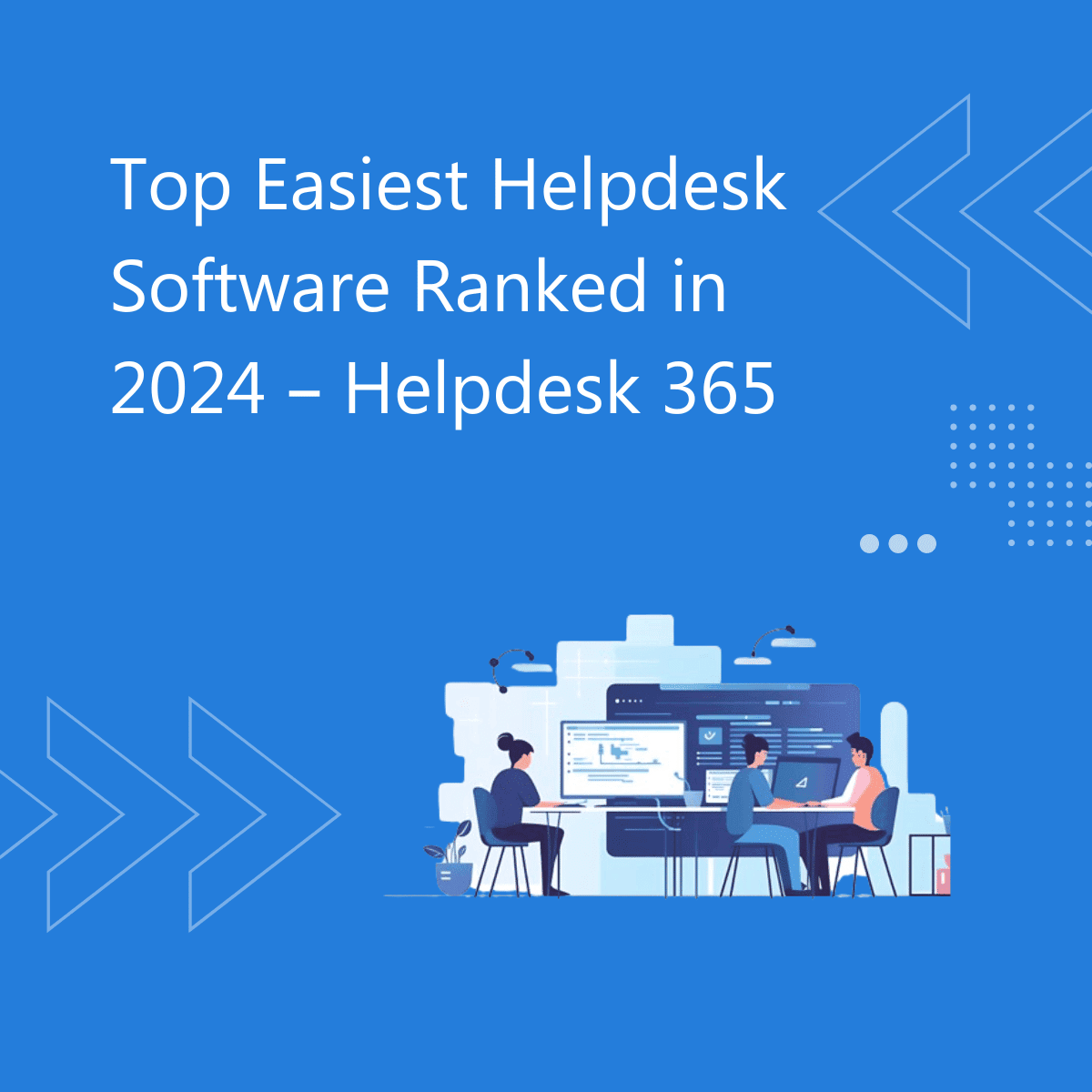
Top Easiest Helpdesk Software Ranked in 2024
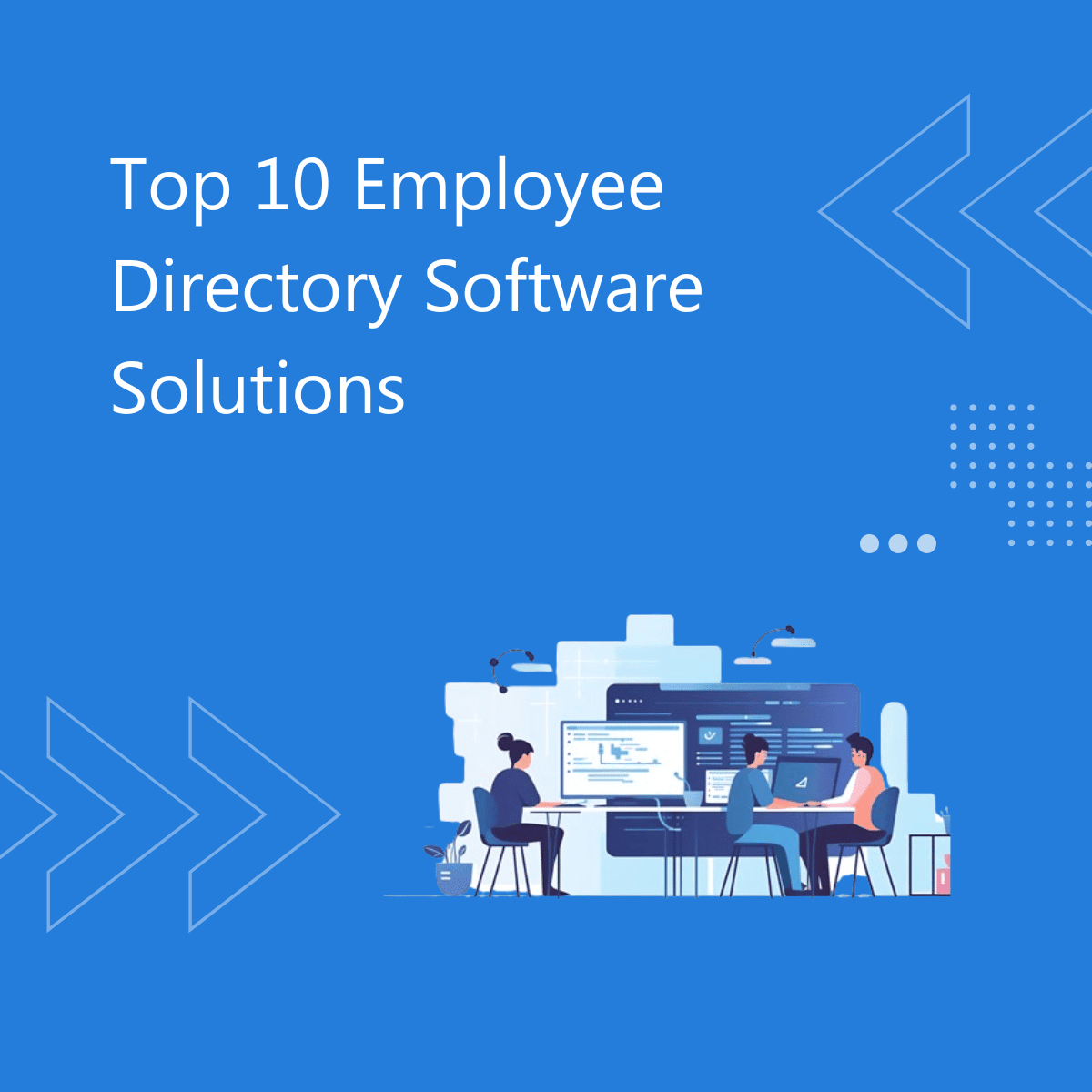
Top 10 Employee Directory Software Solutions

Best Asset Management Software 2024
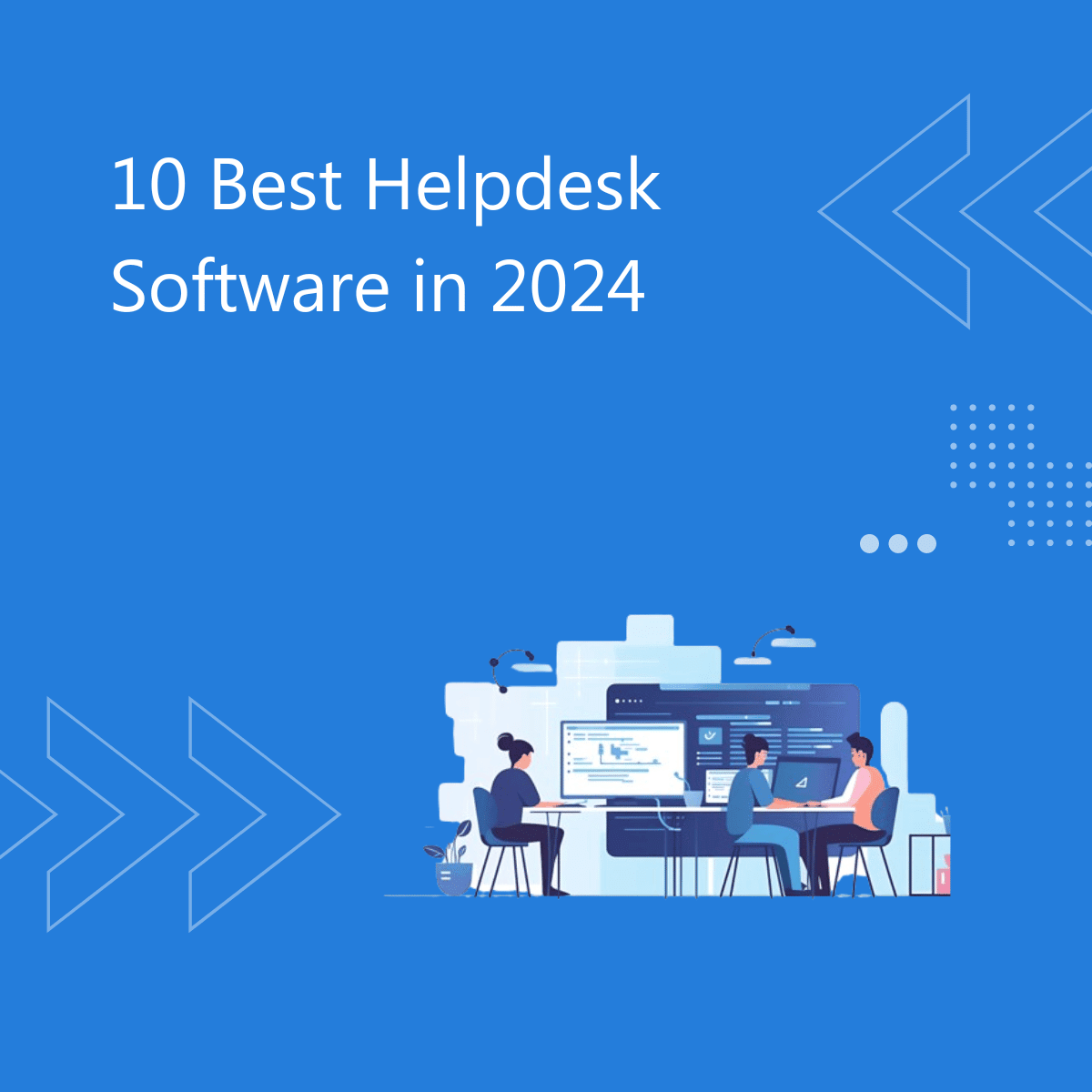
Top 10 Helpdesk Software 2025

Best Performance Management Software in 2025

